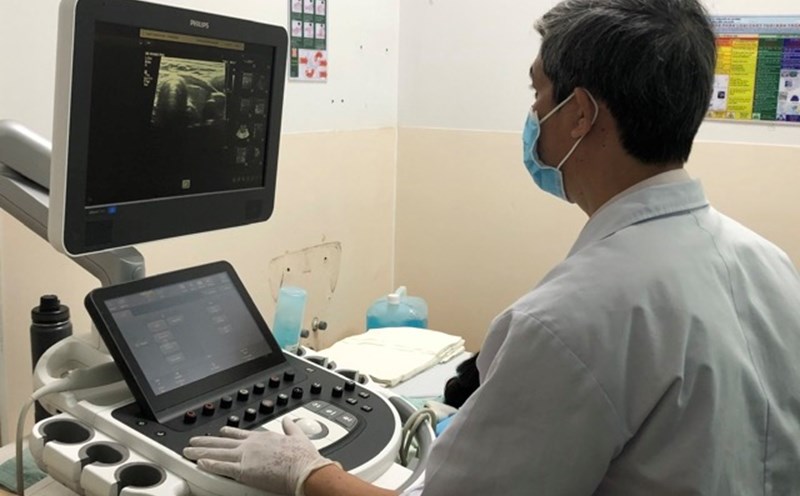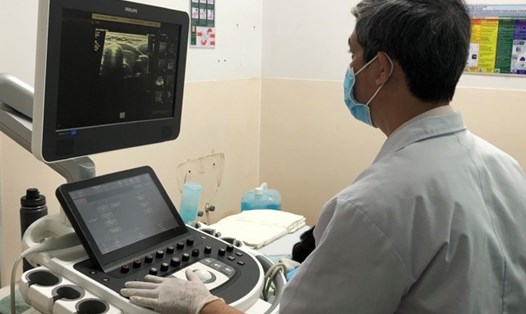According to Dr. Nguyen Thanh Thuy Trang - Deputy Head of Nutrition Department, Ho Chi Minh City Oncology Hospital, for breast cancer patients, weight gain often occurs, but mainly due to water retention or increased fat mass.
Many patients are also at risk of anemia due to inadequate diet, bleeding from the tumor, or side effects of treatments. Another concern is the risk of osteoporosis, often caused by hormonal problems, early menopause. This condition is more common in breast cancer patients over the age of 50.
Patients are also at risk for cardiovascular disease due to being overweight, obese, or as a side effect of treatment. Being overweight is a common side effect, affecting about 65% of breast cancer patients.
This negatively impacts quality of life and increases the risk of other underlying medical conditions such as diabetes, cardiovascular disease, high blood pressure and high cholesterol.
According to Dr. Thuy Trang, the causes of this condition include overnutrition by patients and their families during treatment, reduced physical activity, and blood sugar disorders due to chemotherapy, leading to early menopause.
One of the important goals in breast cancer treatment related to nutrition is to maintain an ideal weight.
For example, a patient who is 1.50 m tall should weigh about 50 kg, and for every 5 cm of height, increase by 3.3 kg. For patients with a BMI greater than 25 or a waist circumference greater than 88 cm, a weight loss intervention plan should be developed. A safe weight loss goal is 0.5-1 kg per week.
To lose weight safely and effectively, patients need to choose a balanced diet, prioritizing foods low in sugar and fat, and limit overeating. At the same time, they should maintain at least 30 minutes of exercise per day, at least 5 days per week.











